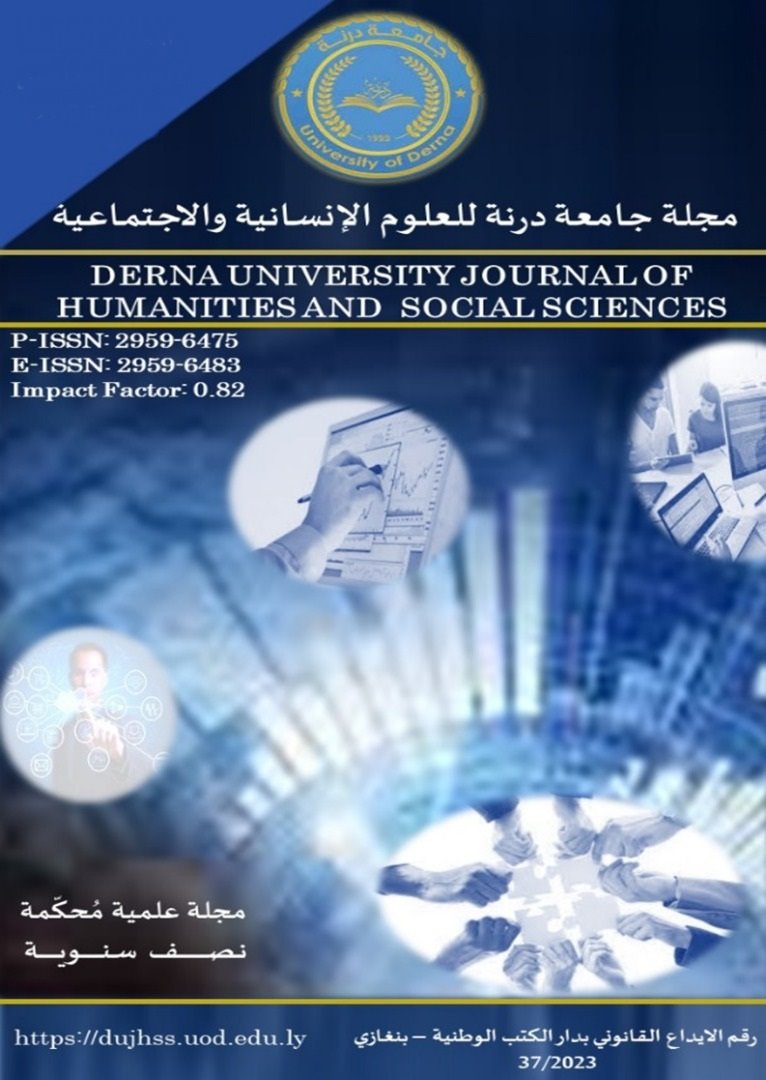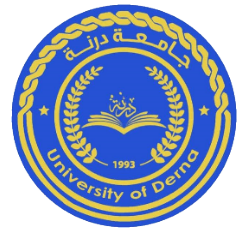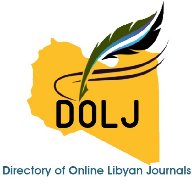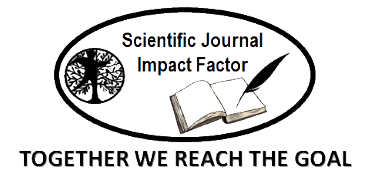Challenges and Obstacles in Implementing Energy Subsidy Reform Policies in Libya According to International Experiences
Keywords:
Energy subsidies, monetary substitution, economic growth, government effectivenessAbstract
This paper his paper aimed to identify the factors that contribute to the success and failure of various subsidy reform programs by studying the experiences of 17 countries that implemented energy subsidy reform programs. These experiences varied between success, failure, and failure. By extracting the factors that contributed to the success and failure of these programs, the study concluded that the distorted structure of the Libyan economy requires structural solutions for reforms to work as required. In a rentier economy and a lack of diversification, any policy that does not take these features into account will have negative effects on the economy. In the absence of social safety nets and the disappearance of commodity subsidies for citizens, lifting or replacing fuel subsidies without a comprehensive reform package will exacerbate existing problems and fuel inflationary pressures. The study also concluded that the obstacles to the successful implementation of subsidy reform programs, in accordance with the reform cycles studied, are present in the Libyan case. These include unstable growth, currency instability, weak government quality, and a lack of public confidence in government policies. The study recommended assessing the market's fuel needs to prevent a significant surplus in the supplied quantities. It also recommended establishing an electronic system that sets a monthly ceiling for stations and tracks the quantities sold in the local market on a real-time basis. It also recommended controlling borders and preventing fuel smuggling to neighboring countries, as the security problem cannot be solved by lifting subsidies and increasing citizens' suffering in light of the current economic conditions facing the country. Furthermore, the issue of subsidies and energy pricing must be kept away from political disputes and conflicts, as this will lead to the failure to implement reform programs across Libya. The study also recommended developing an accurate database on Libyan households and their income levels and establishing a mechanism to identify the private sector and its workers.
References
Arze del Granado, Javier, David Coady, and Robert Gillingham, 2012, “The Unequal Benefits of Fuel Subsidies: A Review of Evidence for Developing Countries,” World Development, Vol. 40 (November) pp. 2234–48.
Coady, David, Moataz El-Said, Robert Gillingham, Kangni Kpodar, Paulo Medas, and David Newhouse, 2006, “The Magnitude and Distribution of Fuel Subsidies: Evidence from Bolivia, Ghana, Jordan, Mali, and Sri Lanka,” IMF Working Paper No. 06/247 (Washington: International Monetary Fund).
Coady, David, Robert Gillingham, Rolando Ossowski, John Piotrowski, Shamsuddin Tareq, and Justin Tyson, 2010, “Petroleum Product Subsidies: Costly, Inequitable, and Rising,” IMF Staff Position Note No.10/05 (Washington: International Monetary Fund).
Fiszbein, Ariel, and Norbert Schady, 2009, Conditional Cash Transfers: Reducing Present and Future Poverty, Policy Research Report (Washington: World Bank).
Garcia, Morito, and Charity M.T. Moore, 2012, The Cash Dividend: The Rise of Cash Transfers in Sub-Saharan Africa,(Washington: World Bank).
Global Subsidies Initiative, 2010, “Strategies for Reforming Fossil-Fuel Subsidies: Practical Lessons from Ghana, France and Senegal,” The Untold Billions: Fossil-Fuel Subsidies, Their Impacts and the Path to Reform (Winnipeg: International Institute for Sustainable Development).
Grosh, Margaret, Carlo del Ninno, Emil Tesliuc, and Azedine Ouerghi, 2008, For Promotion and Protection: The Design and Implementation of Effective Safety Nets, (Washington: World Bank).
Gupta, Sanjeev, Marijn Verhoeven, Robert Gillingham, Christian Schiller, Ali Mansoor, and Juan Pablo Cordoba, 2000, Equity and Efficiency in the Reform of Price Subsidies: A Guide for Policymakers (Washington: International Monetary Fund).
http://siteresources.worldbank.org/INTPHILIPPINES/Resources/PHL2Q2008quarterlyreportasofNov14.pdf.
Koplow, Doug, (2009), “Measuring Energy Subsidies Using the Price-Gap Approach: What Does It Leave Out?”, IISD Trade Investment and Climate Change Series (Winnipeg: International Institute for Sustainable Development), http://www.iisd.org/publications/pub.aspx?pno=1165
Shehabi Manal , 2019, Is energy subsidy reform in an oil-exporting small economy beneficial to trade?: Illustrations from Kuwait, Oxford Institute for Energy Studies (2019) Stable URL https://www.jstor.org/stable/resrep33945
Vagliasindi, M., 2012, Implementing Energy Subsidy Reforms: Evidence from Developing Countries, Directions in Development—Energy and Mining (Washington: World Bank).
World Bank, 2008, “Philippines Quarterly Update—November 2008” (Manila). Available via the internet:
بيانات أسعار المحروقات عالميا
https://ar.globalpetrolprices.com/gasoline_prices/
قاعدة بيانات البنك الدولي
https://data.worldbank.org/indicator/NY.GDP.MKTP.KD.ZG?locations=LY
صندوق النقد العربي (2021)
قاعدة بيانات البنك الدولي https://data.worldbank.org/indicator/NY.GDP.MKTP.KD.ZG?locations=LY
بيانات التحكم في الفساد، قاعدة بيانات البنك الدولي
https://data.worldbank.org/indicator/CC.STD.ERR?locations=LY
موقع حساب المواطن السعودي



























